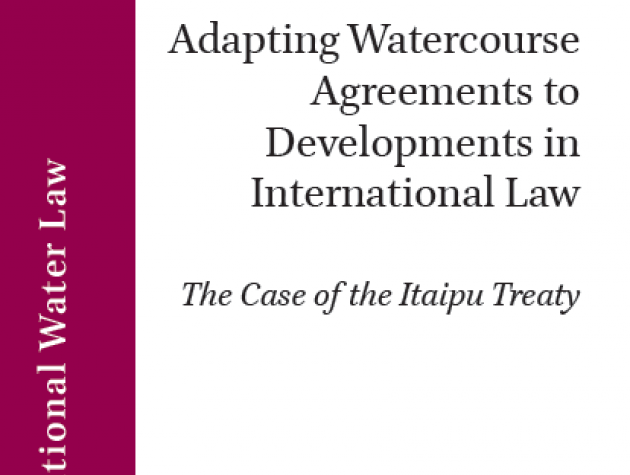Accounting for diverging paths in most similar cases: corruption in Baltics and Caucasus
Accounting for diverging paths in most similar cases: corruption in Baltics and Caucasus. Crime, Law and Social Change.
This paper discusses the conditions under which post-Soviet states succeed in fighting corruption. The method of paired comparison of most similar cases, Estonia and Latvia on the one hand and Georgia and Armenia on the other, is used to tease out the variables that vary within and across pairs and produce divergence. It is argued that young, and structurally and ideologically cohesive, groups in power that are antagonistically predisposed toward the former colonial patron and free from the influence of the old guard are more likely to reform while enduring political-economic networks undermine anti-corruption reform.







